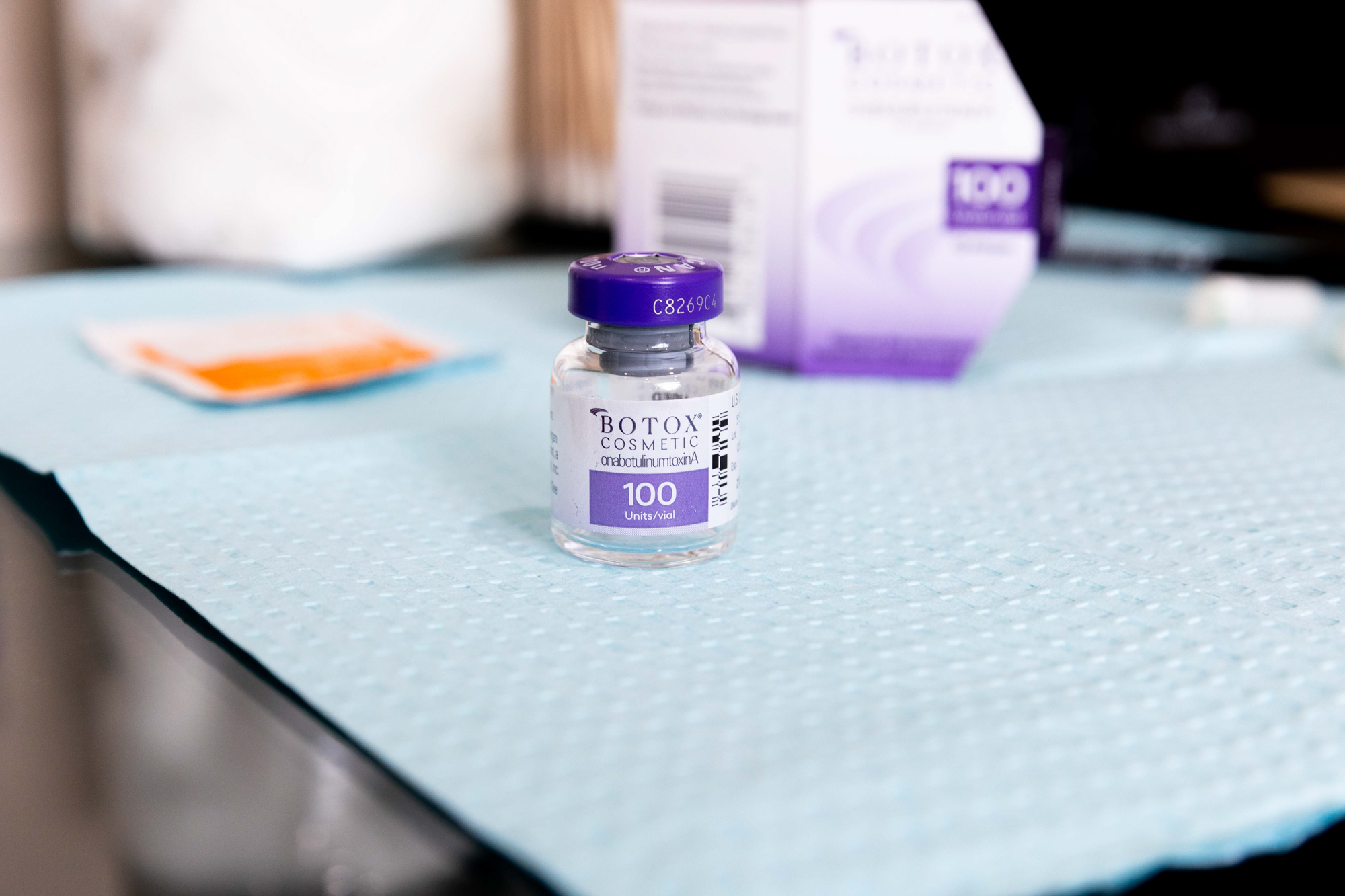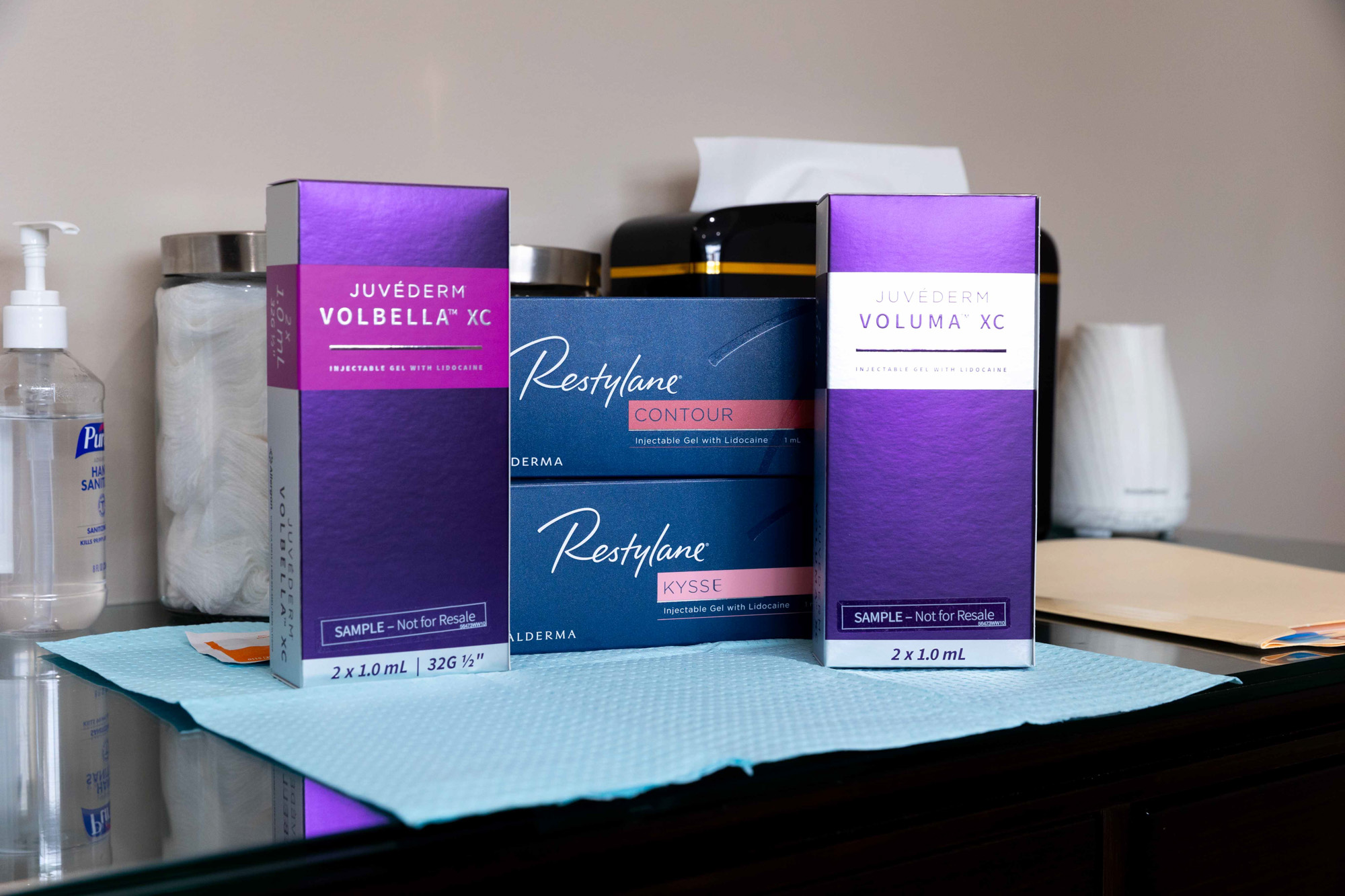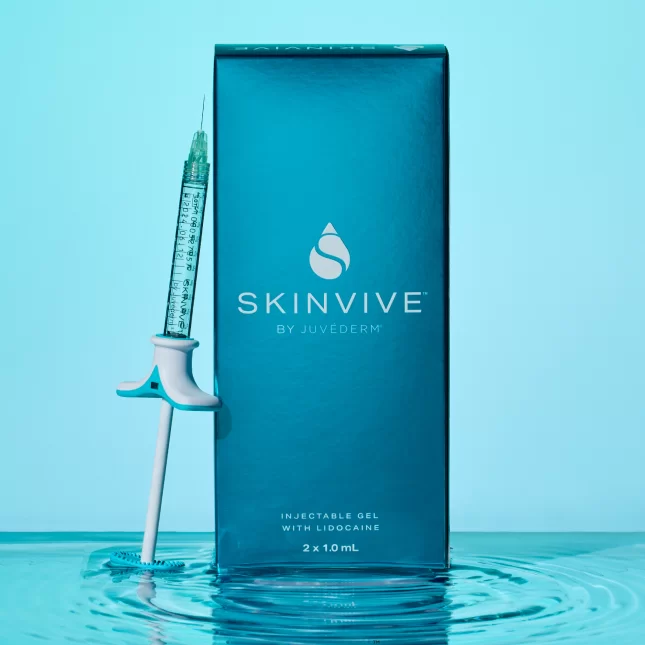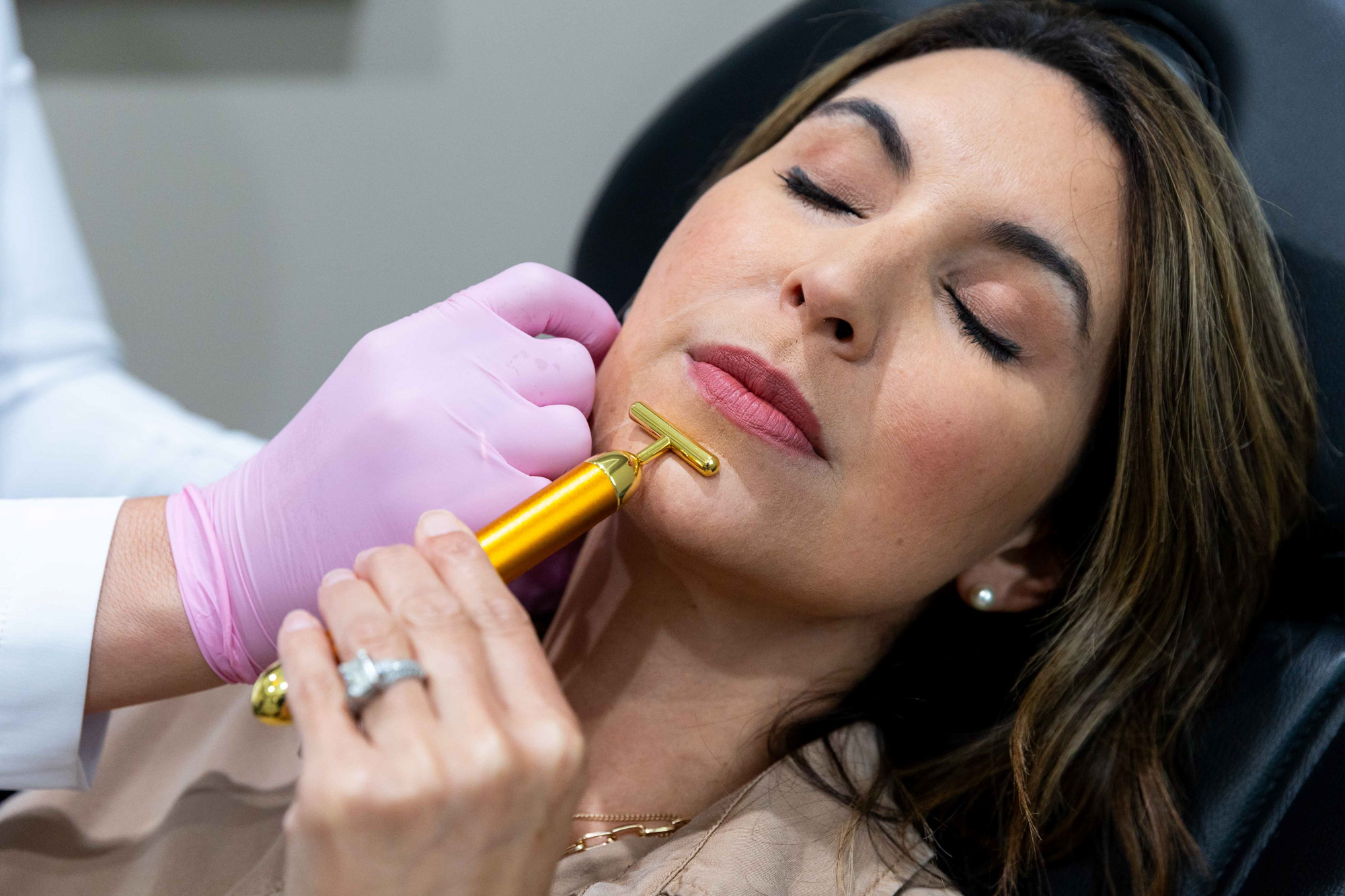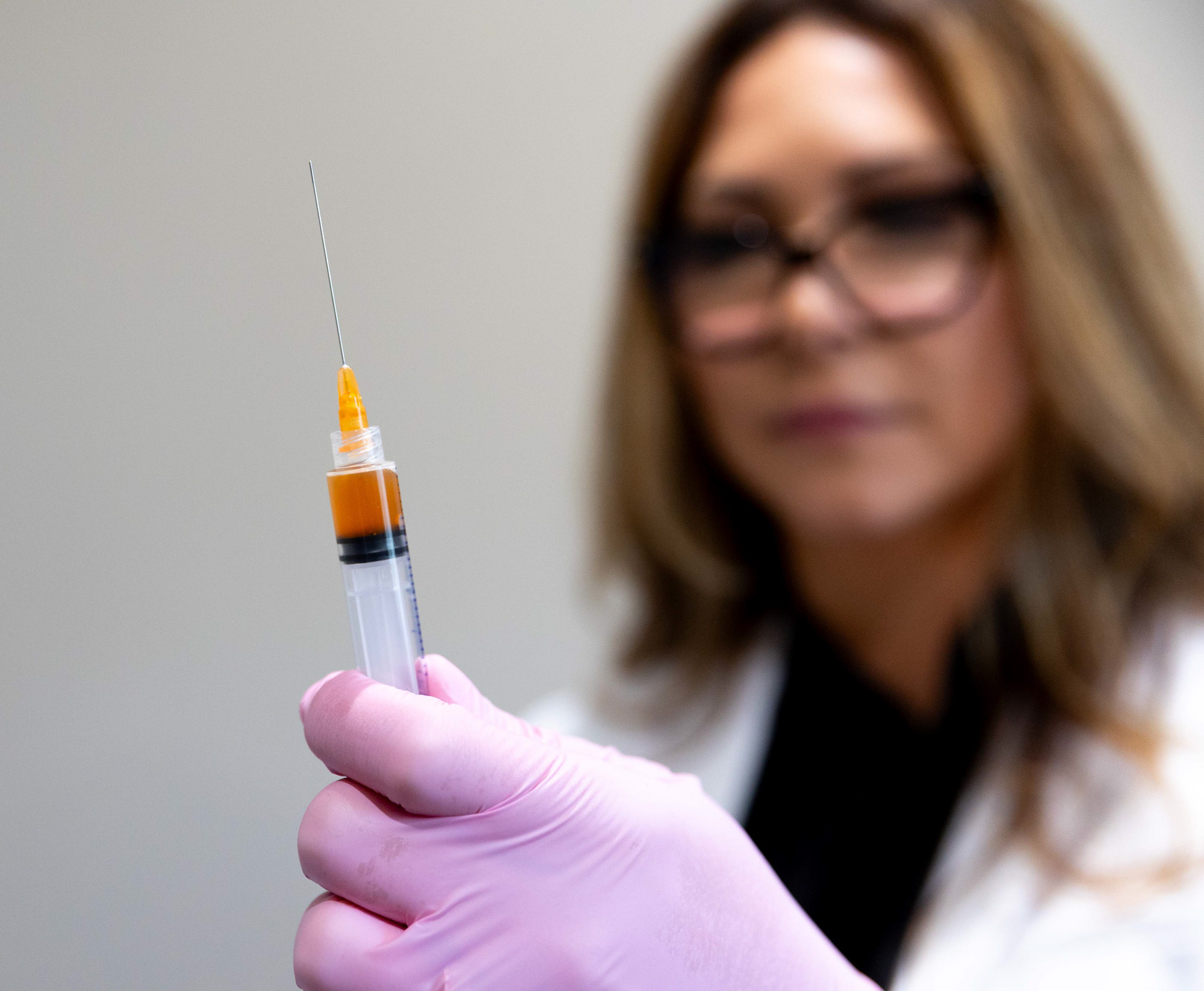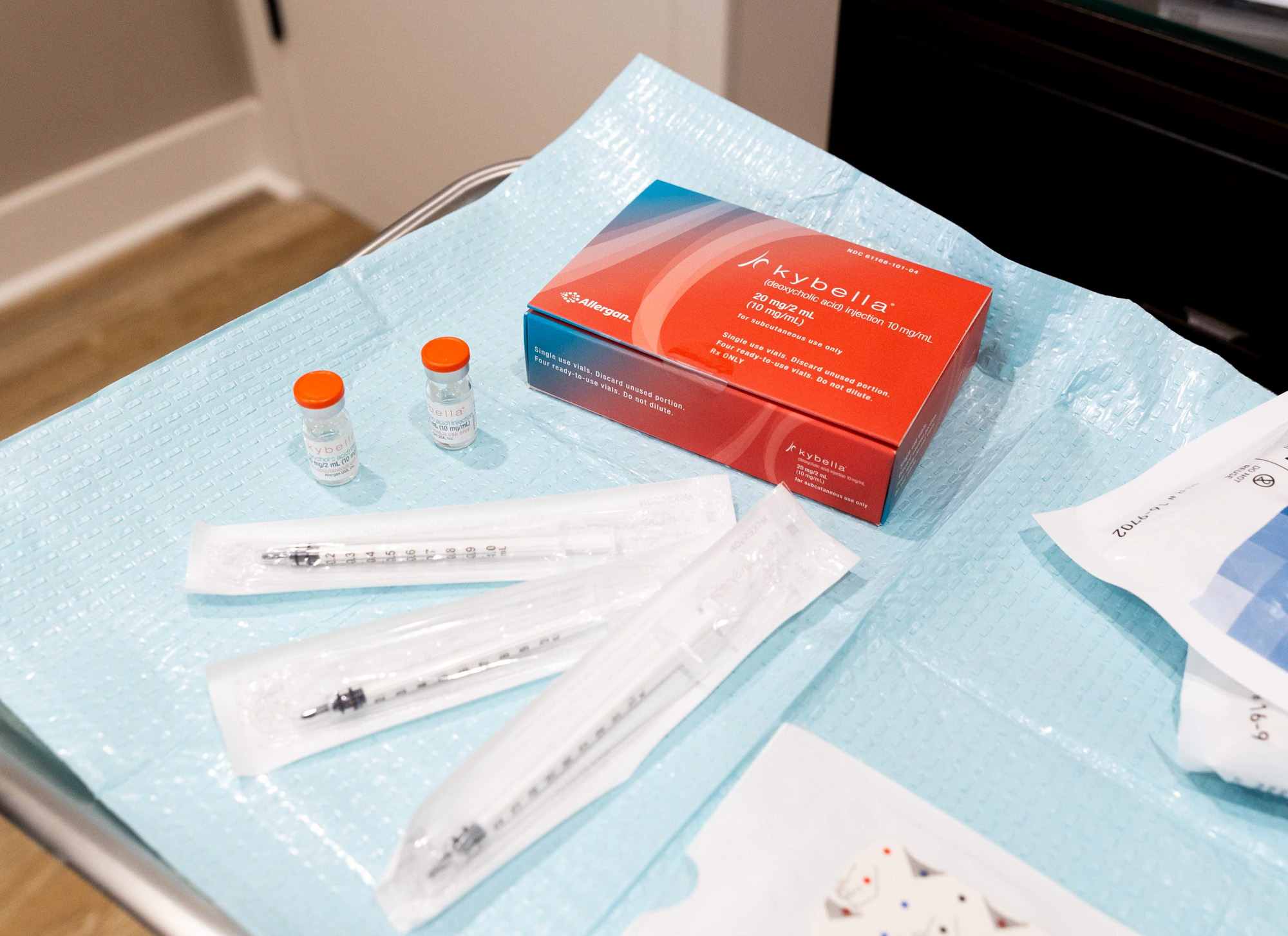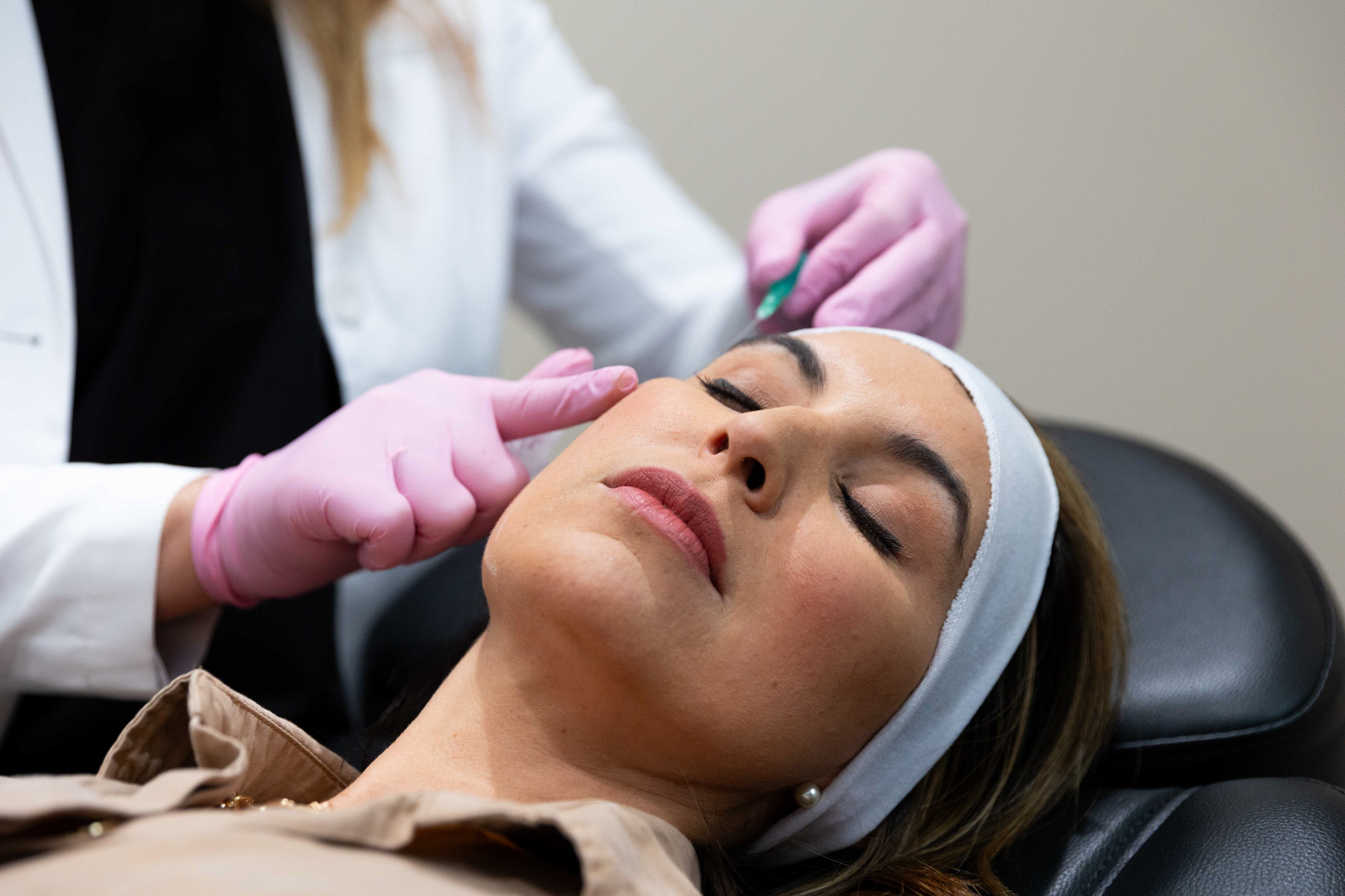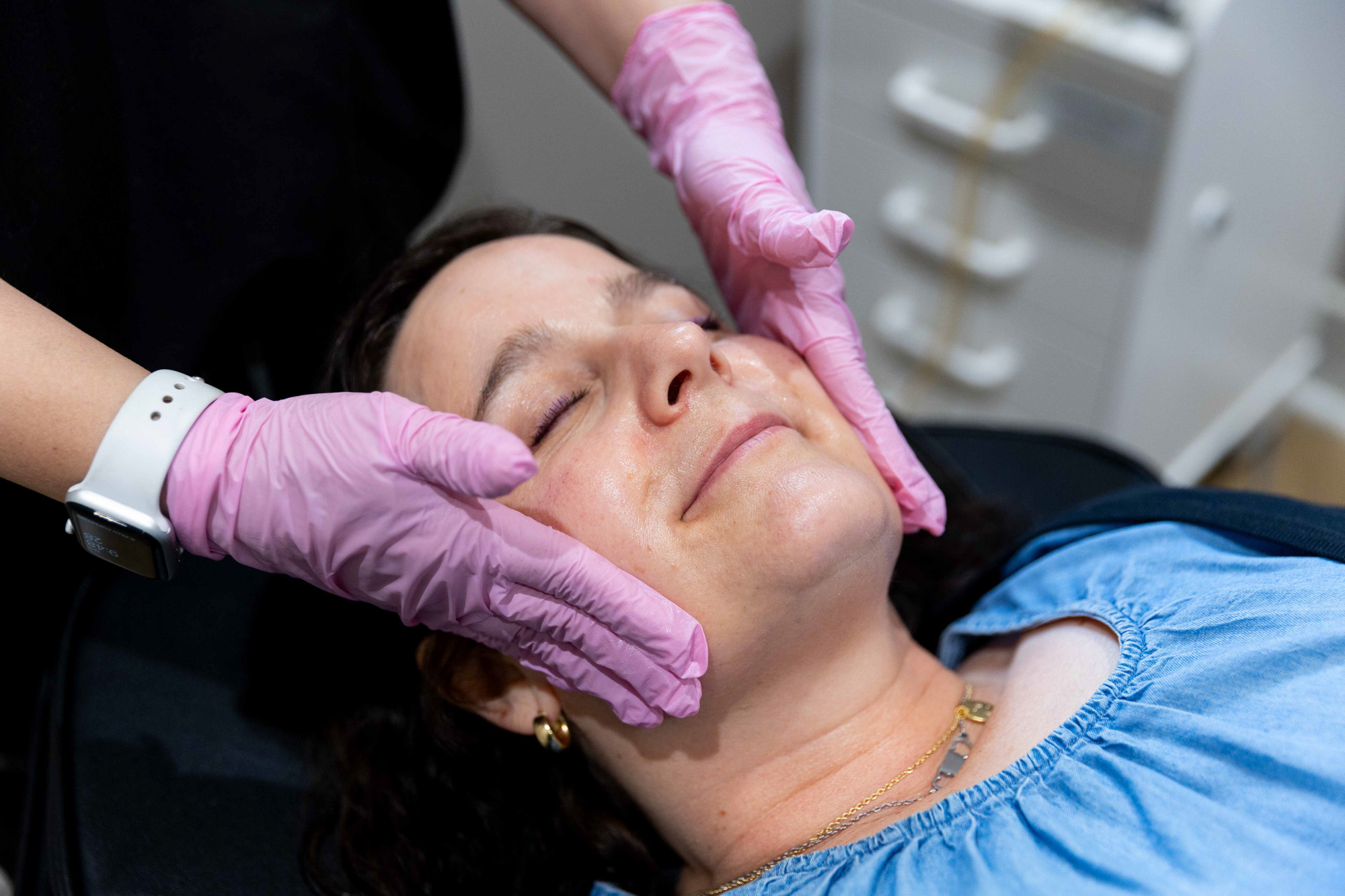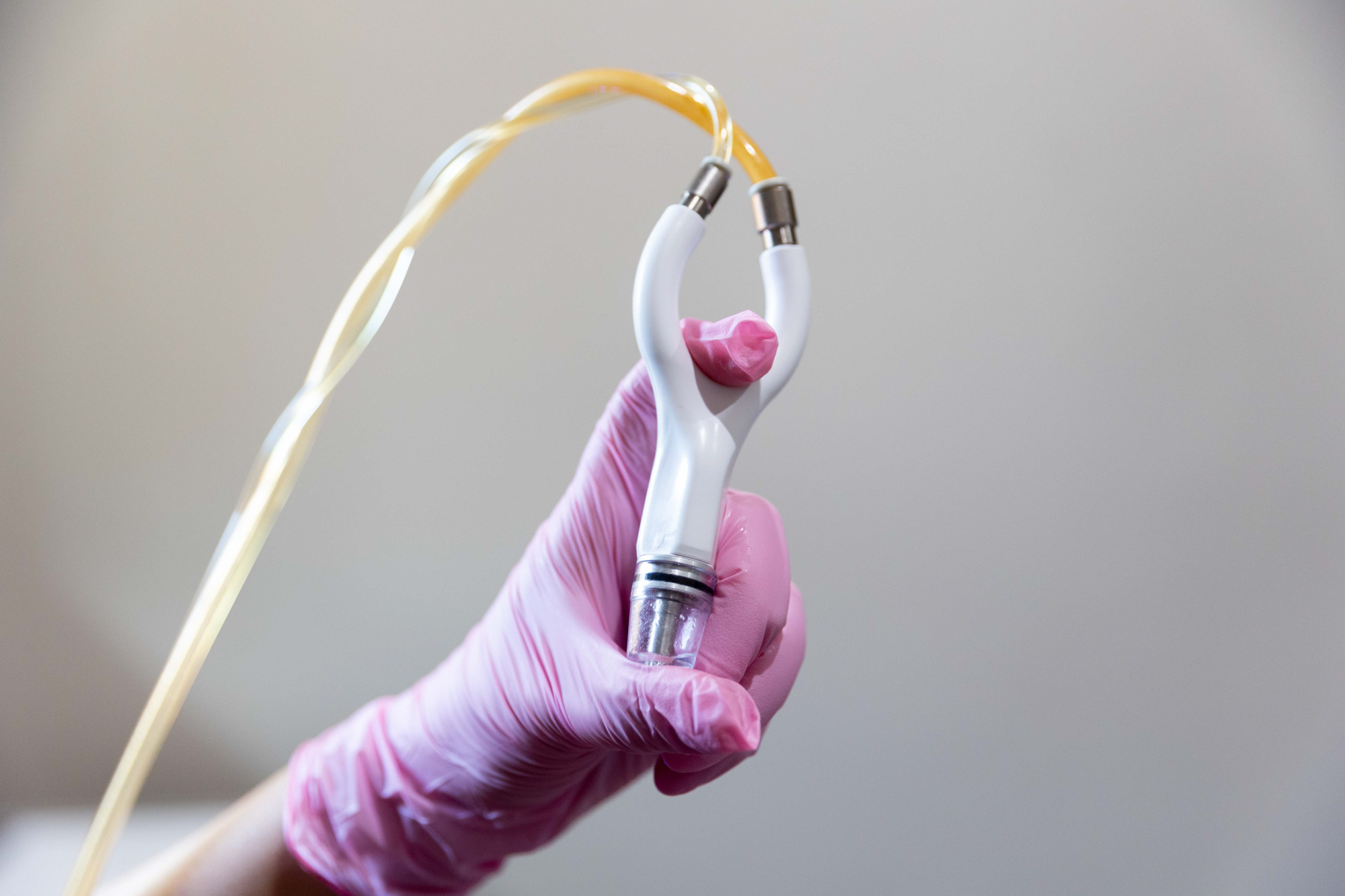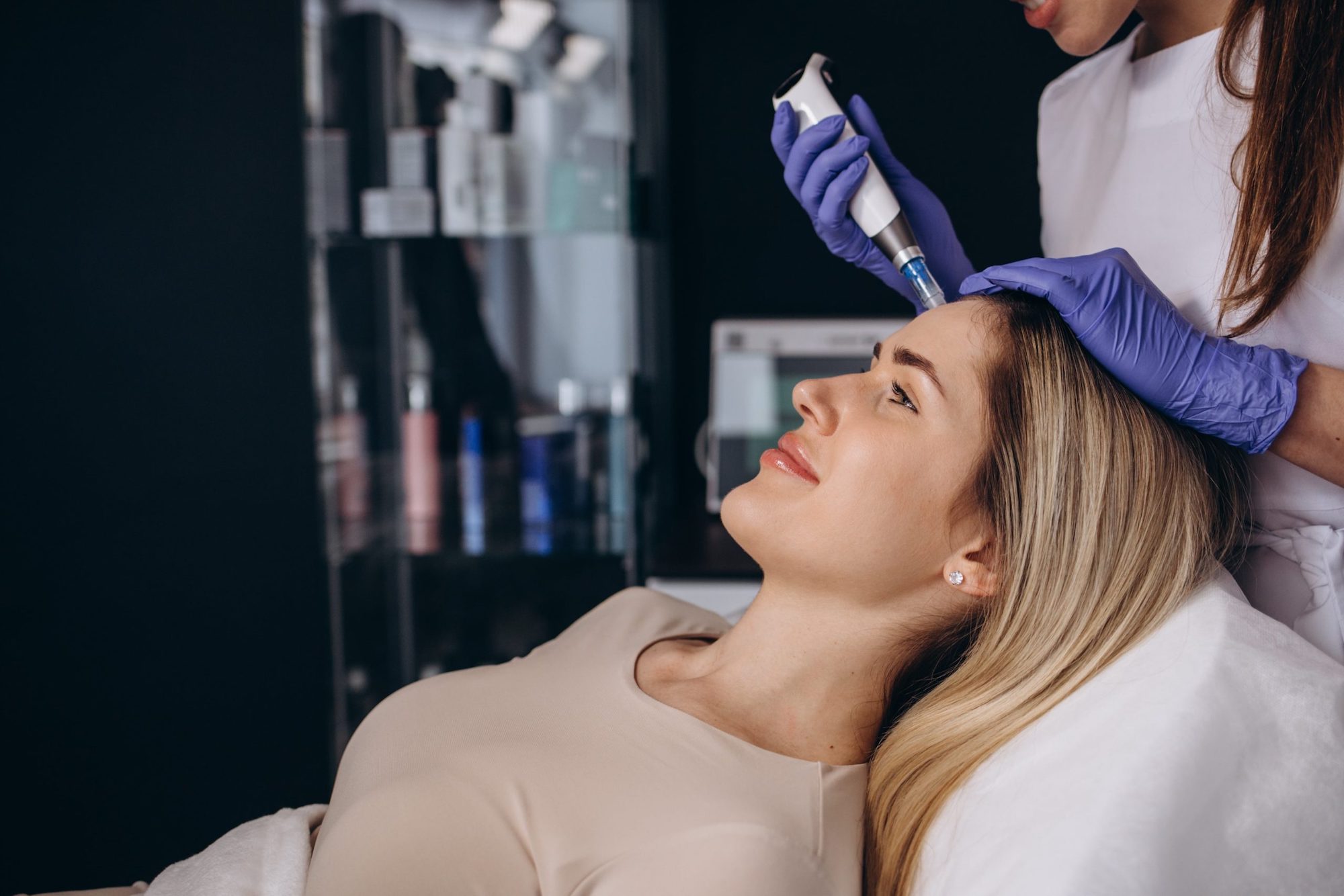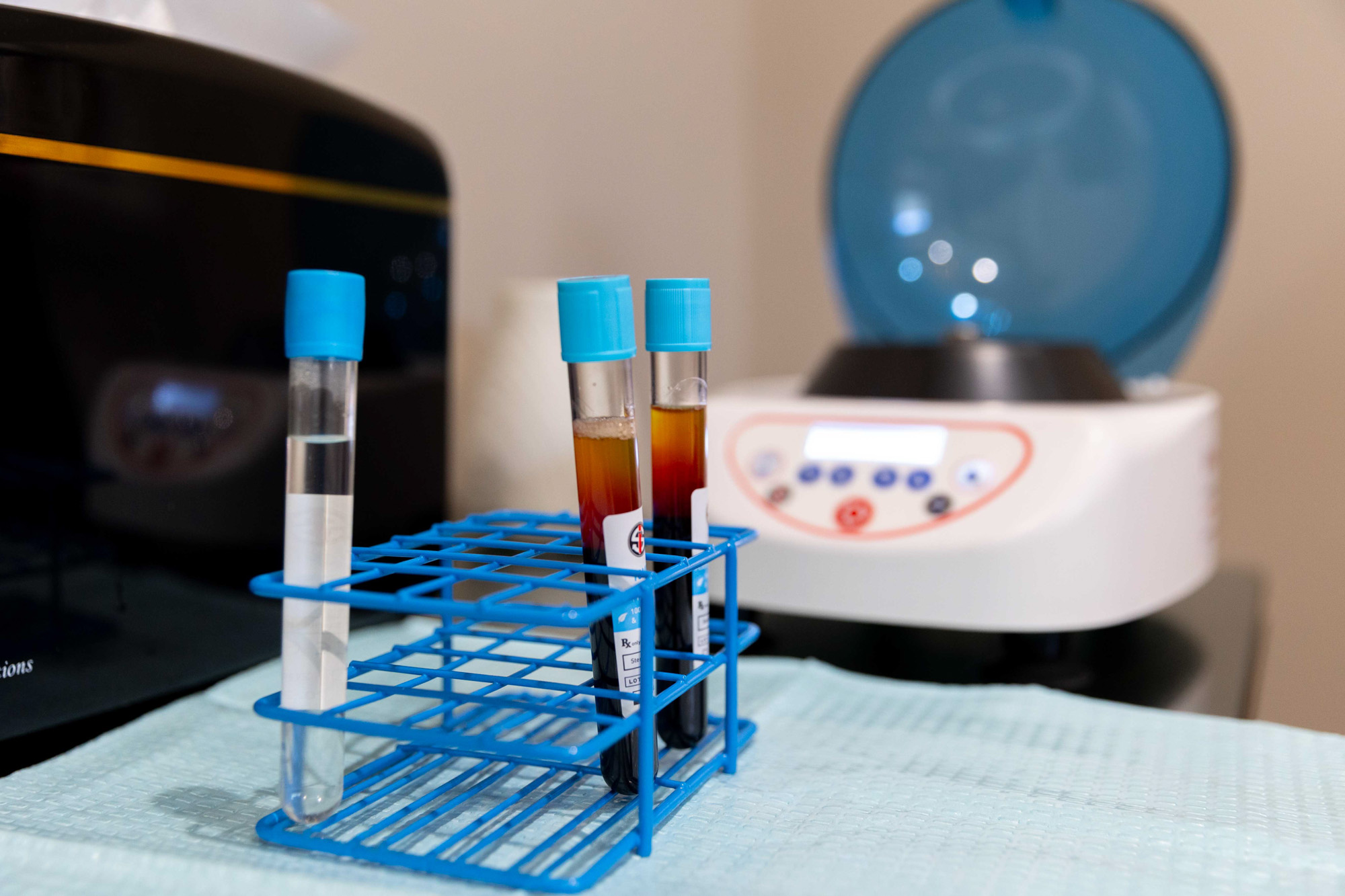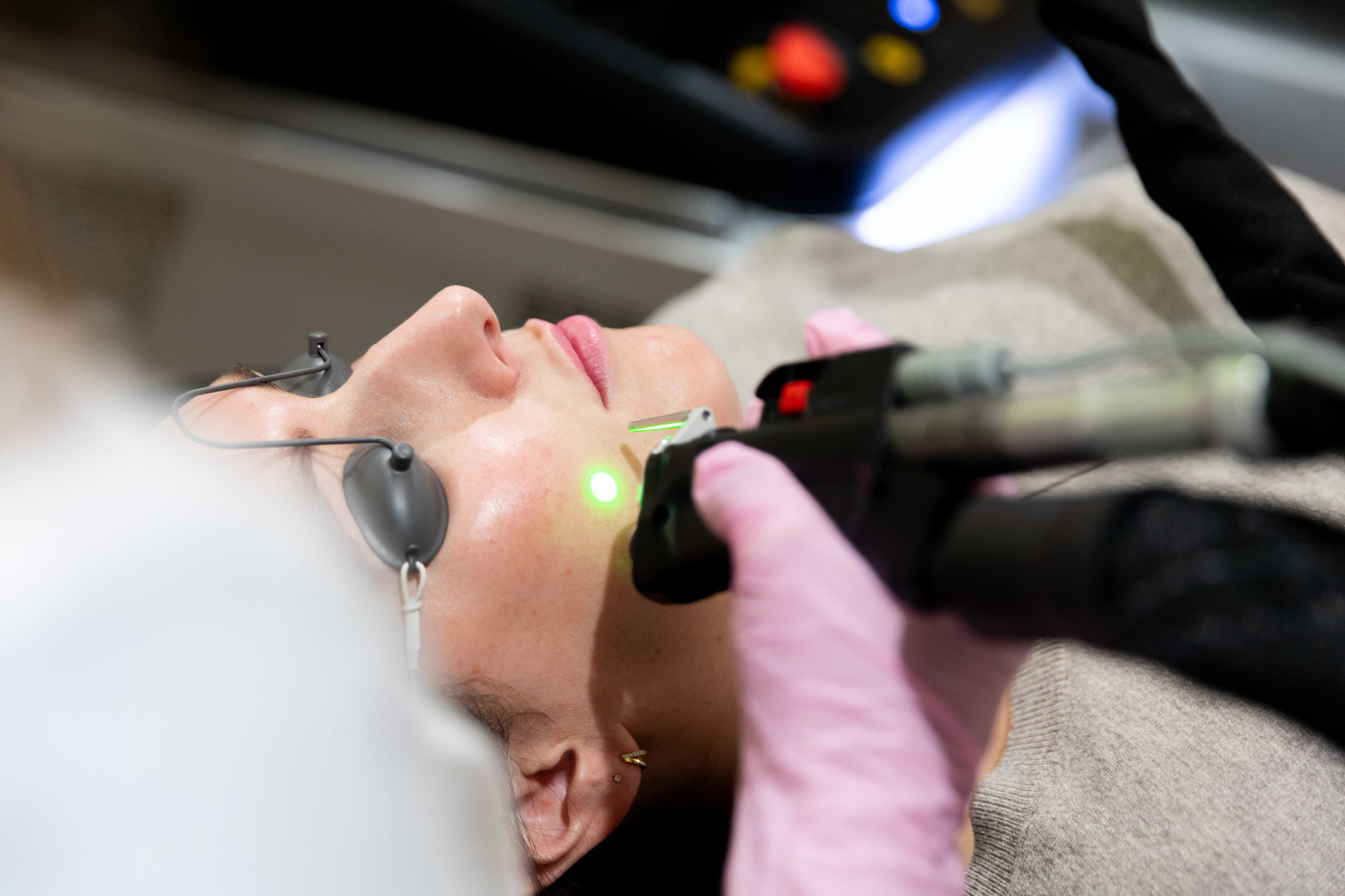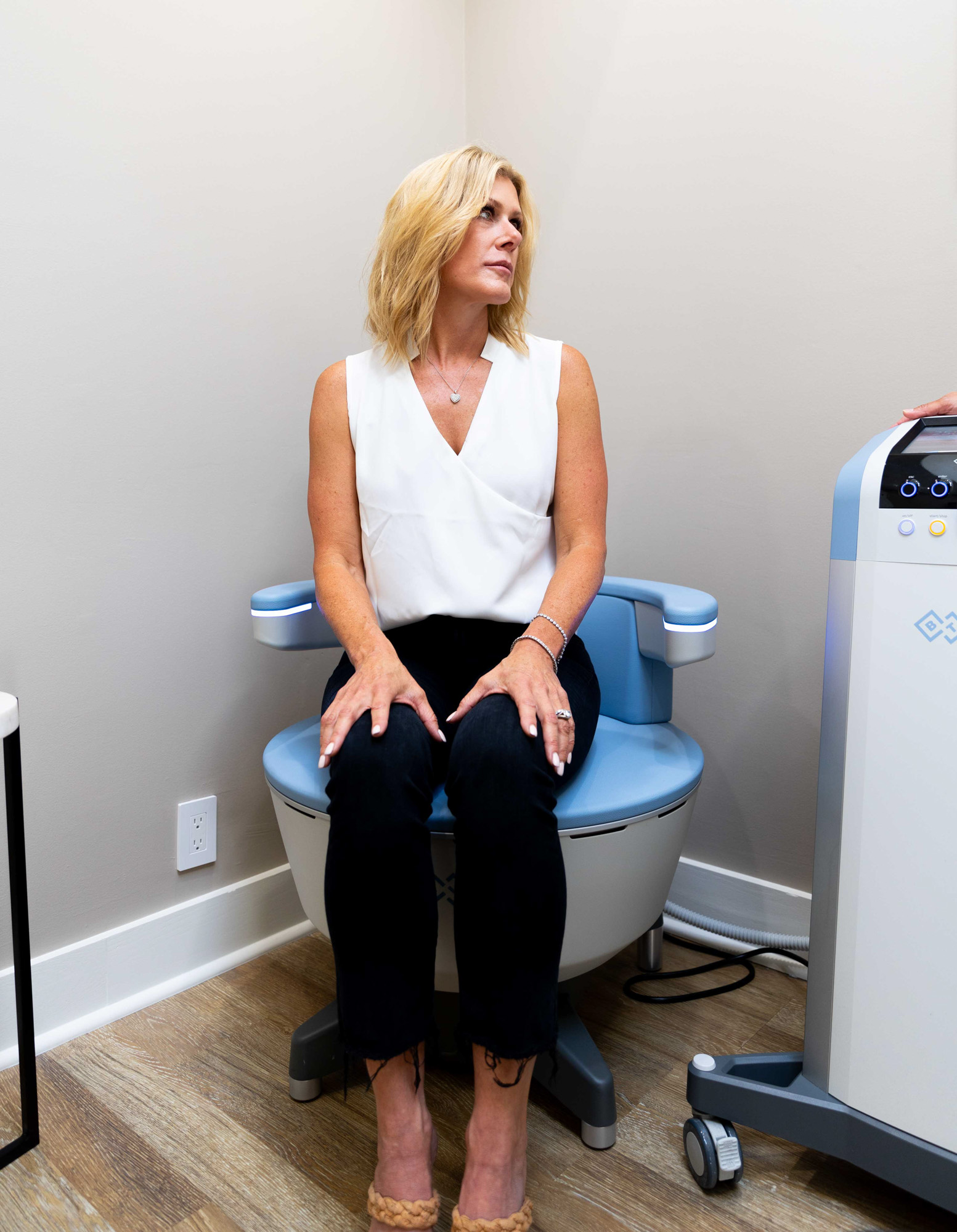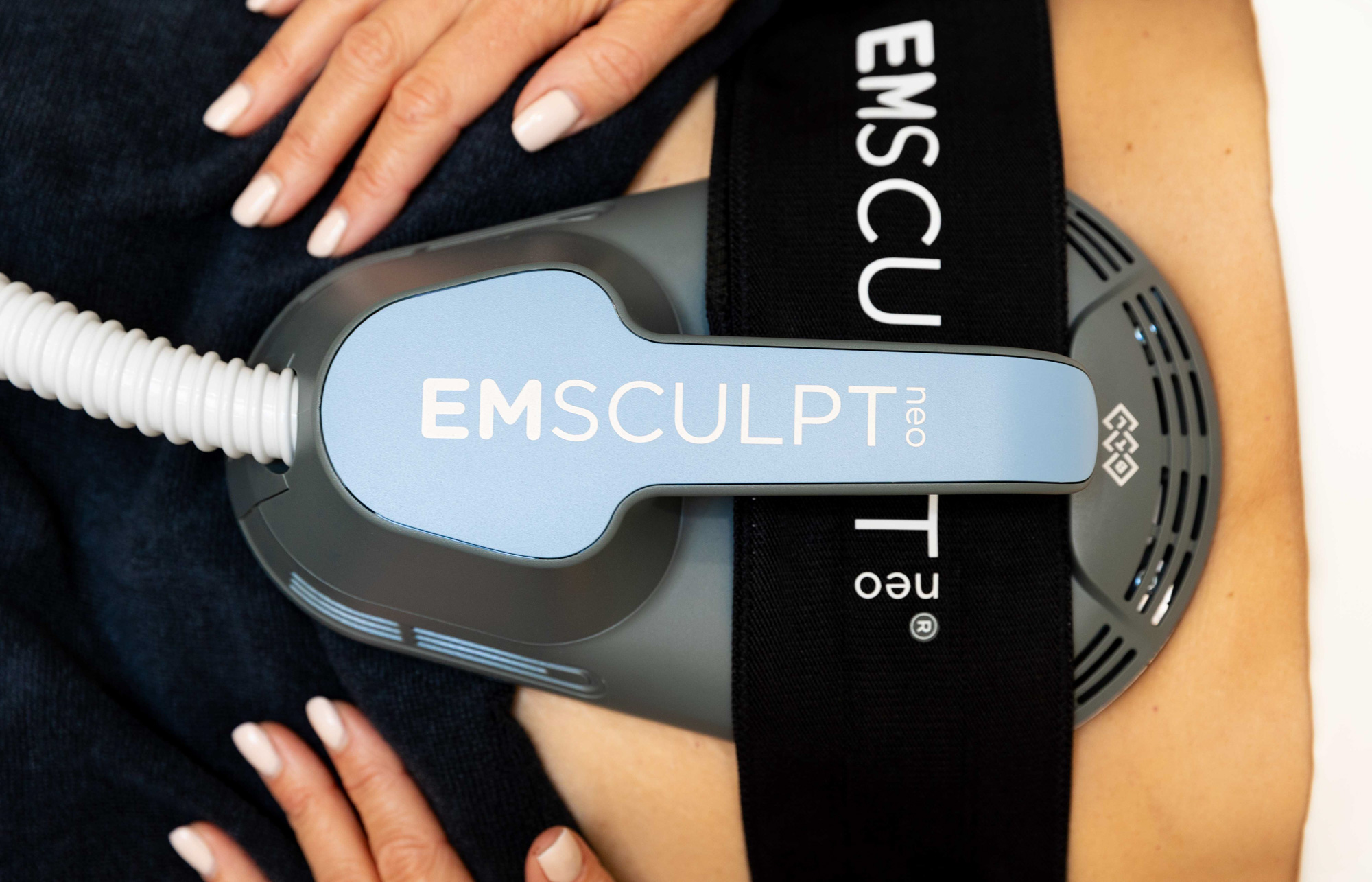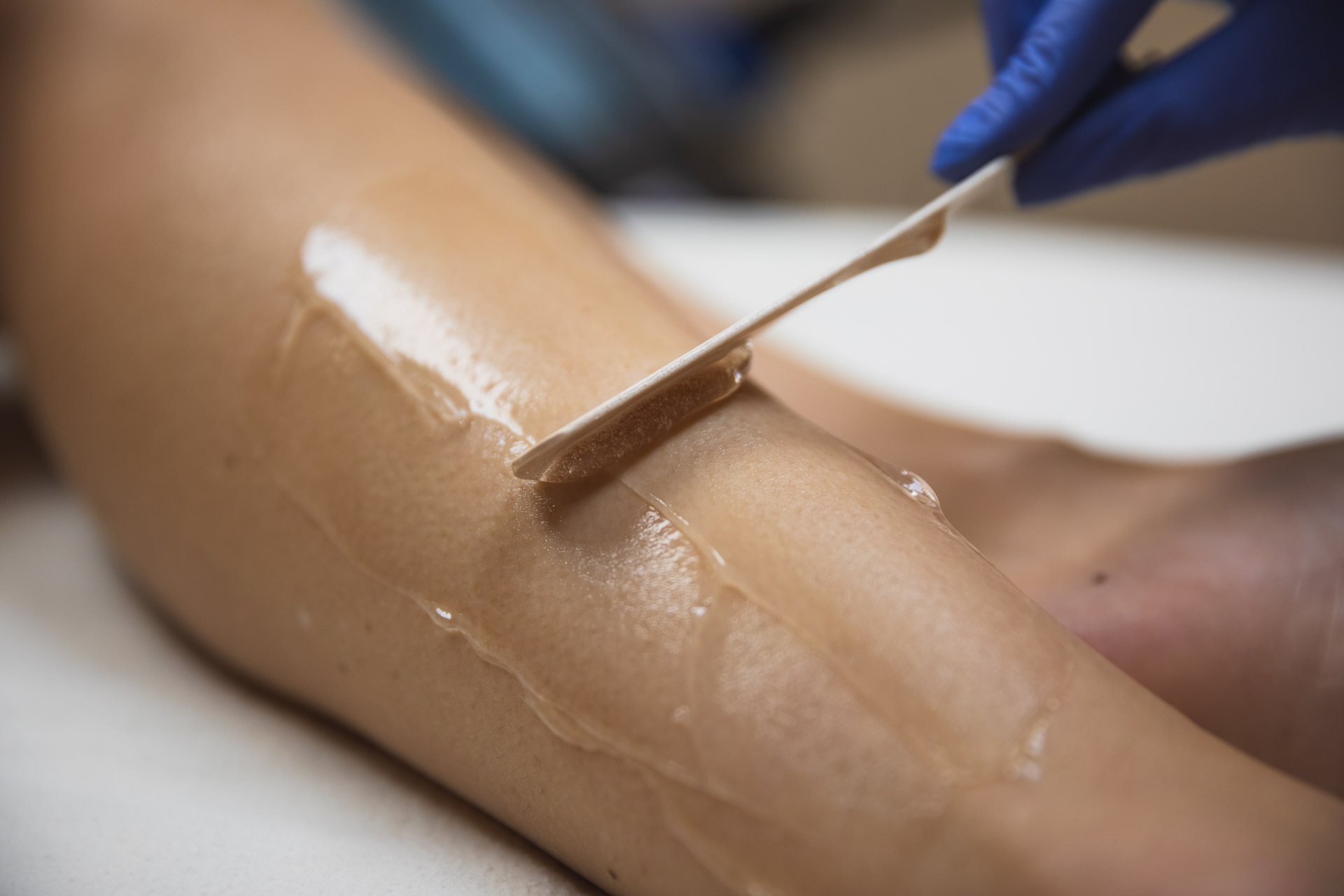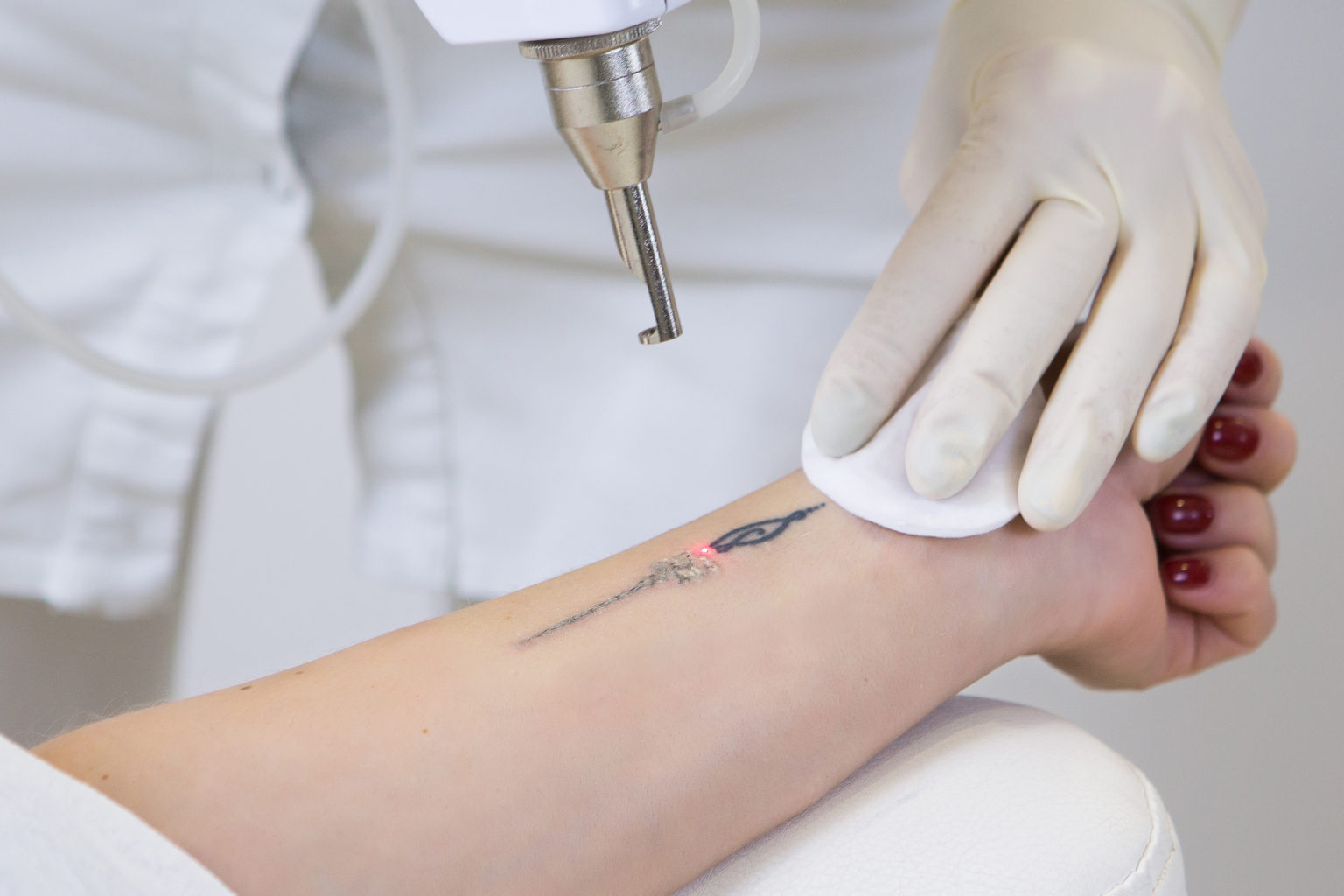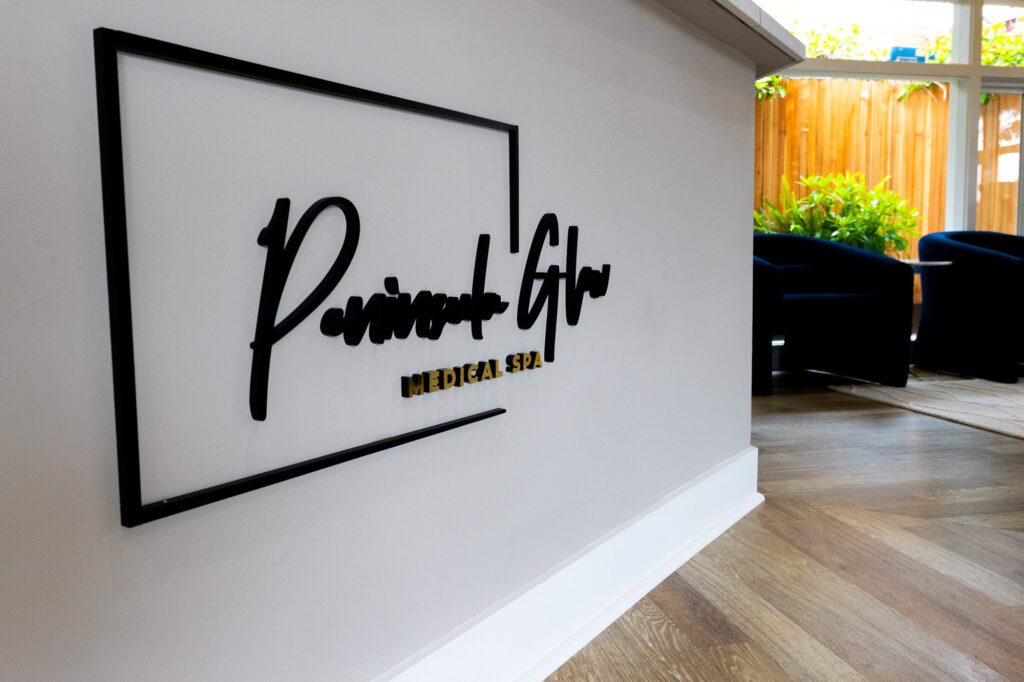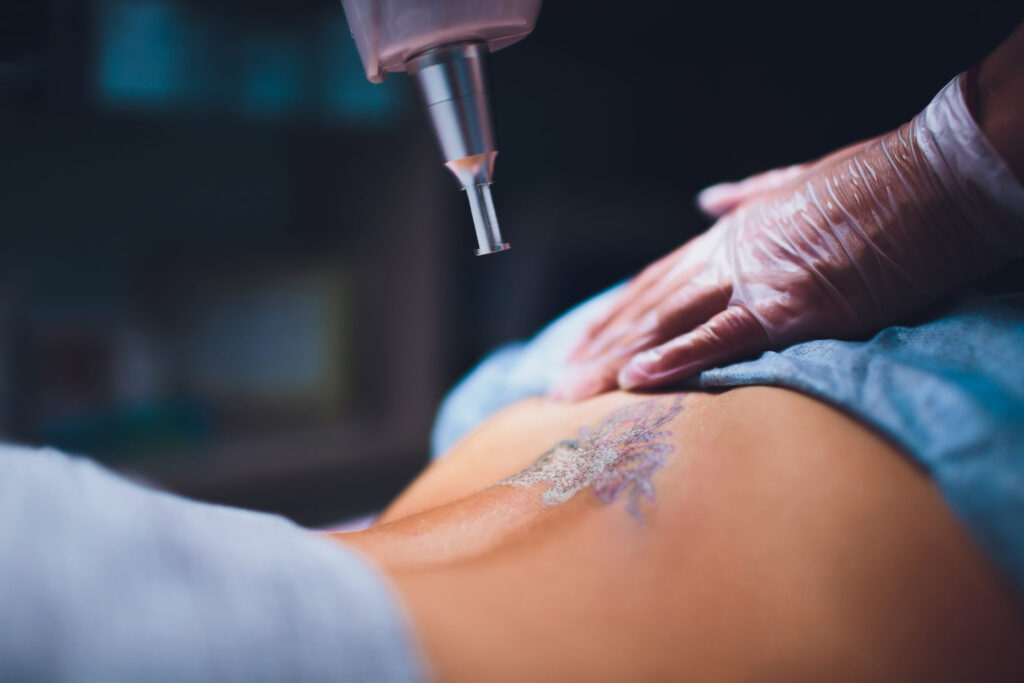
A tattoo is a distinctive way to express yourself. It’s a permanent statement that you can wear on your skin for the rest of your life, and it can be a symbol of your personality, beliefs, or even a memory. But some people find their tattoos regrettable and want them removed; fortunately, there’s a laser tattoo removal just for that sort of thing.
Laser tattoo removal is an efficient and practical way to remove unwanted ink from your skin without damaging the surrounding skin. Laser tattoo removal is a rather new procedure that has become very popular. It’s a great alternative to the traditional removing tattoos, which is usually painful.
However, even though they have been used for years, there are still misconceptions about laser tattoo removal. Lasers have been very much developed and used in cosmetics for a long time. To dispel the misconceptions about laser tattoo removal, here are some of the most frequently asked questions we get from patients.
1.) What Is Laser Tattoo Removal?
Laser tattoo removal is a process that uses laser technology to break up the pigment in the skin. The ink particles absorb the laser light, break down into smaller particles, and are eventually eliminated from the body.
The process is not easy and does not involve any surgical procedures. It also does not require any downtime for recovery, meaning you can go about your daily life as usual following treatment.
The benefits of laser tattoo removal include efficiently removing tattoos from anywhere on the body, including hard-to-reach areas like joints and folds of skin; a natural healing process that avoids scarring; and a low risk of infection or other complications during treatment.
2.) Will It Hurt?
Many people believe that laser tattoo removal will hurt, but it actually won’t. It is a procedure that can be done in a clinic or at a hospital with the help of a laser machine.
The process of laser tattoo removal is relatively painless and straightforward. The laser light penetrates deep into the skin to reach the pigment of your tattoo, breaking it up into tiny pieces. This process is called “photothermolysis.” It’s a painless approach that feels like a rubber band snapping against your skin.
The laser zaps the ink particles and breaks them up into tiny pieces. The body then filters out those tiny ink particles from the bloodstream.
3.) How Long Does It Take To Remove A Tattoo?
The time it takes to remove a tattoo through laser tattoo removal varies depending on how dark or colorful your tattoo is how many treatments you need, and your skin type. It can take anywhere from 2-6 sessions for a small or medium-sized tattoo to completely disappear.
Another factor, tattoos located on areas with more skin will take longer to remove than those on smaller sites like fingers or toes.
4.) Who Is The Ideal Candidate For Laser Tattoo Removal?
It’s not uncommon to hear someone say that they want to remove their tattoo. There are several motives why you may be considering laser tattoo removal. But for some, the decision can be difficult.
Tattoos are a form of self-expression, and many people find it challenging to decide to remove their tattoos. It can often take time and much deliberation before they conclude that they need to remove it.
Many people are not sure if they should remove their tattoos or not. They think that the tattoo is a part of their life, and they don’t want to regret it. But, if you are sure about removing your tattoo, you are a candidate for laser removal.
5.) Will It Leave Scars?
Laser tattoo removal doesn’t cause scars, but tattooing cause scars. That’s why you’ll see scars once the tattoos are gone.
The removal of a tattoo is done through laser treatment. This is done by targeting the ink particles in the skin and breaking them down. Laser treatment does not cause scarring because it does not break the skin to get to the ink particles. Tattooing, however, does break into your skin and leaves a scar behind.
The tattooing process can cause scarring, which may be permanent and difficult to remove. Scarring can also occur if the artist makes a mistake and the ink gets into your skin too deeply or if you have an allergy to one of the ingredients in ink. Some individuals are more predisposed to scarring than others because they have thinner skin or their immune system weaker than average.
6.) Can Laser Tattoo Removal Help Revise Tattoos?
Yes, laser tattoo removal has helped people revise their tattoos. Tattoos are inked into the skin using a needle and ink. The ink is injected into the skin through the needle and creates an image on your skin. The ink will be permanently embedded in your skin unless you remove it with lasers or other medical treatments.
If you want a revision of a particular tattoo, you perhaps only want to remove a specific portion of the tattoo. We can target only a part of the tattoo and then leave the rest intact. Later, you can ask the tattooing artists to put whatever replacement you have in mind.
7.) What Is The Recovery Like?
After your treatment, your treatment site will appear red or be swollen. This is a typical reaction to the laser treatment. It is not a sign of infection. The redness or swelling will usually fade within a few hours, but it can take up to two weeks for the area to heal. The color of the skin may lighten over this time as well.
Also, after laser tattoo removal treatment, there may be blistering and scabbing, which will go away after several days. Don’t worry; your provider will put some bandages and ointment on the treatment sites to ease the pain and assist the healing process.
In the meantime, you are requested to avoid heavy sunlight exposure. Your skin just went through intense light, so they are susceptible in the moment and can potentially affect the skin.
Takeaway
A tattoo is a unique way to express yourself, but perhaps you want to change it. Fortunately, it is very much possible to get rid of unwanted ink by undergoing laser tattoo removal. If you are interested in this treatment, make sure to reach out to our clinic, Peninsula Glow Medical Spa. We offer services that can be tailored to your unique needs.

